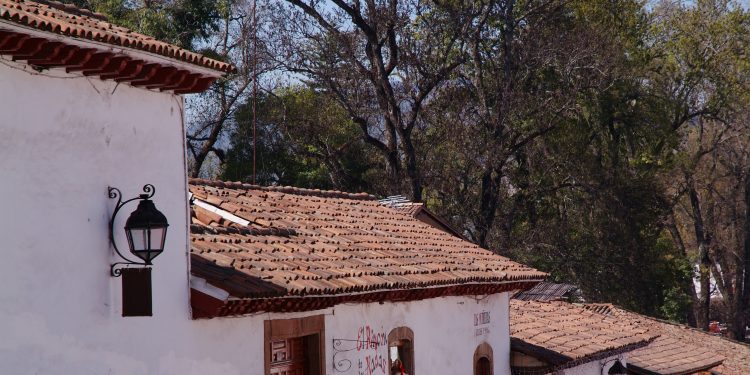Although Patzcuaro has distinct features and characteristics, it is also much like many other provincial Mexican towns, and the daily routines and challenges you may encounter living here are similar in nature to those you’ll encounter in other places across Mexico.
There are expats living here who came to the town, fell in love with it, and made a decision to purchase some land or property almost immediately. This story is common in towns and cities all over Mexico, as people attempt to seize the moment or capitalize upon a particular investment opportunity that they came to know of during their visit.
However, if you want to get a feel for the place before making a longer-term commitment, most towns and cities in Mexico, including Patzcuaro, offer an ample selection of vacation rentals to choose from.
There are advantages and disadvantages to living in provincial Mexican towns, and compromises will need to be made wherever you may choose to settle. Larger cities offer a wider choice of amenities and services as well as more depth of variety. Cities are also more cosmopolitan whereas the provinces tend to attract certain types of people with interests specific activities or pastimes; for example, the arts, design, history or some maritime interest. Smaller Mexican towns are generally quieter, more intimate, and less expensive to live in.
Today, most of the expatriates living in Patzcuaro are people in their mid forties and older, although a small few number of them moved here when they themselves were quite young. This age pattern appears typical of people who move to Mexico, as younger generations are usually busy kindling careers, developing relationships and raising families in their home country. There are exceptions to this pattern and the story of Fred and Megan here in Patzcuaro is one.
The matter of schooling is a key consideration for families with school-age children. Bigger cities offer private schools that teach, principally, in English, although they are relatively expensive. Smaller towns, and even some of the mid-sized cities, do not offer private schooling facilities, so if you moved to one of them, your children would need to undertake their studies in one of the local Mexican state schools – in Spanish – or commute to the nearest large town or city each day.
To get a deeper understanding of Patzcuaro – or any other place in Mexico you may be considering for living, working or retirement – it’s worthwhile moving there for a defined period of time, perhaps even for extended stays over different periods of the year. If you are looking for a full-time location to retire to, knowing a town or city throughout the year’s changing seasons will also help you to manage your expectations of the location. You can acquire this type of knowledge by returning to the place several times, or by living there for a month – possibly two or three – and engaging with local people and other expats who have already made the move to draw upon their experiences.
Not long ago, Patzcuaro was a town that most expats would never have heard of nor considered as a potential place for living and retirement. Similar places include Merida, San Cristobal de las Casas, Campeche, Manzanillo, Mazatlan and San Felipe; locations hitherto considered ‘off the beaten track’ and too remote for comfort and practical purposes.
The development of roads, airports and modern communications across Mexico’s provincial regions is changing the demographic landscape of many towns across the country – Patzcuaro is a prime example – attracting people, investment, new infrastructure and, in the process, breathing new life into hitherto ‘backwater’ towns and cities as Mexicans and foreign expats alike bring their talents and capital to these places.
For people who want to live, work or retire in Mexico, Patzcuaro and other places like it offer the opportunity to live well amid an authentic Mexican setting, enjoy good standards of living with affordable rents, property prices and living costs, eat and drink healthily with locally-produced fresh foods available daily from the markets, and take an opportunity to live more simply in Mexico.
Mexico in your inbox
Our free newsletter about Mexico brings you a monthly round-up of recently published stories and opportunities, as well as gems from our archives.

